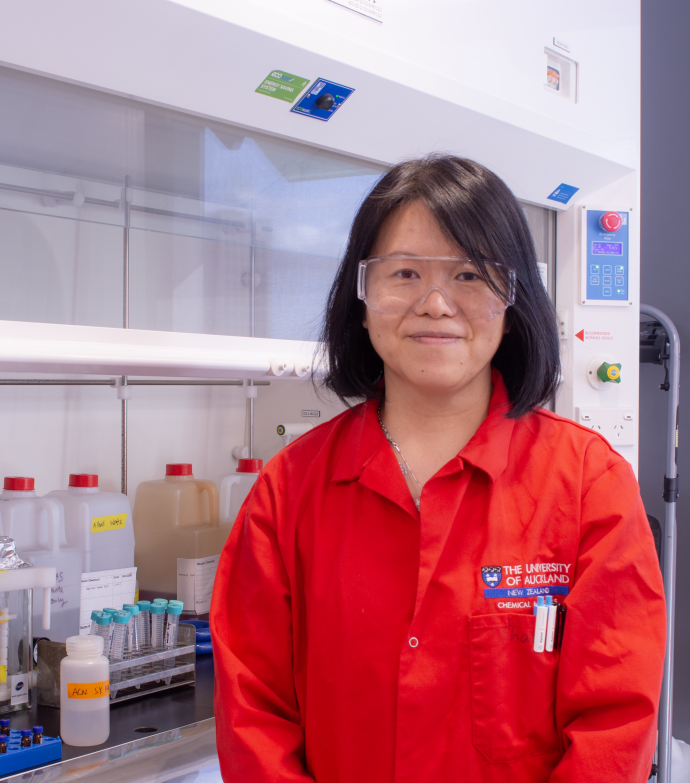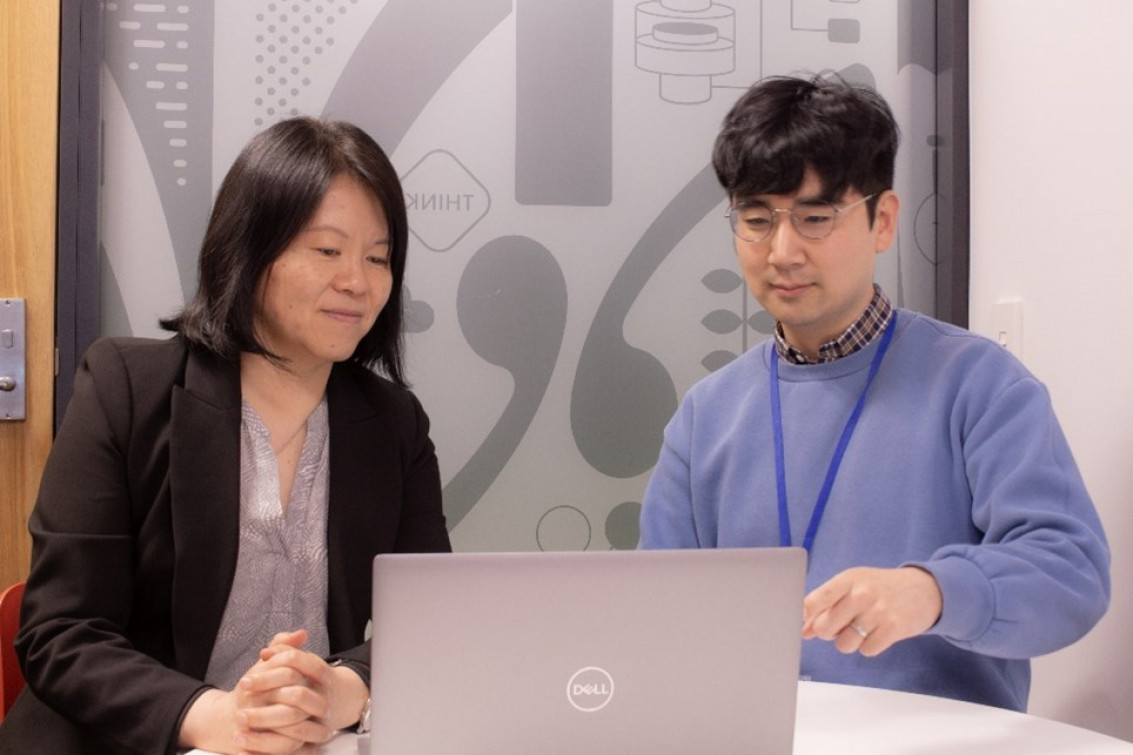Can artificial intelligence help us to understand the dangers of exposure to “forever chemicals”?

‘Forever chemicals’ released from consumer products are dangerous to ecosystems and human health. Dr Shan Yi from Waipapa Taumata Rau the University of Auckland will use artificial intelligence (AI) to scan for interactions between these compounds and human proteins to understand why they are harmful and which alternative materials are safe
Published on 7 Whiringa-ā-rangi November 2024
From non-stick cookware to paints and dental floss, many every-day products owe their useful properties to the extraordinarily strong chemical bond formed by fluorine and carbon in per- and poly-fluoroalkyl substances (PFAS). The downside of these compounds is that they are so resistant to breaking down that they accumulate in the environment, food, and in our bodies. PFAS exposure has been linked to metabolic disorders and chronic diseases, but how exactly they cause harm is poorly understood.
In this Marsden Fund Standard project, Dr Yi and their team will explore how PFAS compounds interact with proteins in the body and how this might impact human health. They will use AI to computationally predict how PFAS molecules physically interact with all human proteins, making use of existing protein-structure databases. Interactions that look likely will be experimentally validated by expressing human proteins in the lab, where the team can confirm that binding occurs and investigate how different concentrations of PFAS molecules impact protein function. Knowing which proteins can bind to PFAS and what roles they play in the body will allow the team to make predictions about likely health impacts of exposure.
By identifying novel molecular interactions and critical knowledge gaps, this innovative research can inform management strategies for forever chemicals and predict which alternative industrial materials are safe. The findings will also redefine how we evaluate chemical safety, shifting the paradigm toward more effective ecotoxicological assessments.

Drs Shan Yi and Jake Oh from the University of Auckland’s Department of Chemical and Materials Engineering (photo supplied)
